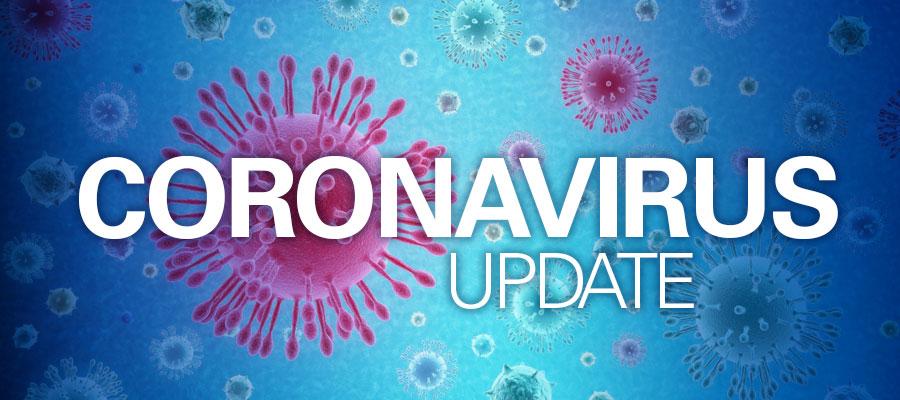Study: First wave of COVID-19 increased heart attack, stroke risk up to 3 years later

The National Institutes of Health Oct. 10 released results of a study that found that infection from COVID-19 in the first wave of the pandemic appeared to significantly increase the risk of heart attack, stroke and death for up to three years for unvaccinated individuals. When infected, those individuals had double the risk for cardiovascular events, and people with severe cases had nearly four times the risk. The study also is the first to show that increased risk of heart attack and stroke in people with severe COVID-19 may have a genetic component involving blood type. It is unclear if the risk of cardiovascular disease is or may be persistent for people who have had severe COVID-19 from 2021 to the present, NIH said.
Related News Articles
Headline
The Centers for Disease Control and Prevention Feb. 19 released a report on the low use of COVID-19 antiviral drugs among individuals age 65 and older, a…
Headline
The Food and Drug Administration today released two guidance documents; one related to low-risk wellness products (including certain wearable devices) and the…
Headline
The Centers for Disease Control and Prevention Dec. 11 released a report that found last year’s version of the COVID-19 vaccine was 76% effective in preventing…
Headline
The AHA provided recommendations to the Food and Drug Administration Dec. 1 in response to a request for information on the measurement and evaluation of…
Headline
The Food and Drug Administration has identified a Class I recall of Baxter Life2000 Ventilation Systems due to a cybersecurity issue discovered through…
Headline
Flu cases are growing or likely growing in 39 states, according to the latest Centers for Disease Control and Prevention data from Nov. 11. COVID-19…

